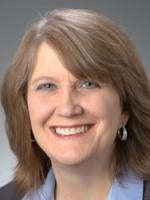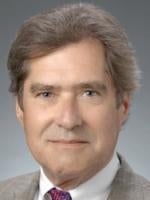The Tax Cuts and Jobs Act was signed into law on December 22, 2017. This tax reform law includes the following changes directly affecting nonprofit and tax-exempt organizations, and those who donate to them.
A number of other provisions affecting the nonprofit sector appeared in early versions of the bill, or were discussed during Congressional debate. The changes below are the ones actually enacted. These changes all take effect beginning in 2018.
-
21% excise tax on annual compensation over $1 million. This is a brand new tax. All tax-exempt organizations must pay an excise tax of 21% on annual compensation over $1 million paid to any employee, with respect to the top 5 most highly compensated employees of the organization. Compensation paid to medical professionals for medical services is exempt from the tax.
-
Separate unrelated business activities must compute unrelated business income separately. The new law requires that, in computing unrelated business income tax (UBIT) liability, loss-making unrelated business activities may not be netted against profit-making unrelated business activities. Thus, profit-making unrelated business activities will now owe UBIT on the full amount of their net income, regardless of whether any separate unrelated business activities generate losses. However, unrelated business activities transferred to a taxable corporation can be consolidated and netted as before.
-
1.4% excise tax on investment income of large university endowments. Another brand new tax is an excise tax of 1.4% on the investment income of private colleges and universities that have at least 500 students and investment assets of over $500,000 per student. Thus, a university with, say, 10,000 students would need an endowment of at least $5 billion to be subject to this tax on its investment income.
-
UBIT imposed on certain fringe benefits. Under this narrow provision, the value of any nontaxable transit and parking benefits, and the value of on-premises gym facilities, provided by exempt organizations to employees must now be included as items of unrelated business income.
-
Charitable contribution changes:
-
Charitable contributions by individuals to public charities are now deductible up to 60% of adjusted gross income, increased from 50% under prior law.
-
Deductions are no longer allowed for contributions to colleges and universities that include any rights to purchase stadium seats.
-
The Pease limitation has been repealed. This was the “haircut” imposed on itemized deductions, including charitable contributions, of higher income taxpayers. The limitation no longer applies to contributions or any other itemized deductions.
-







 />i
/>i

